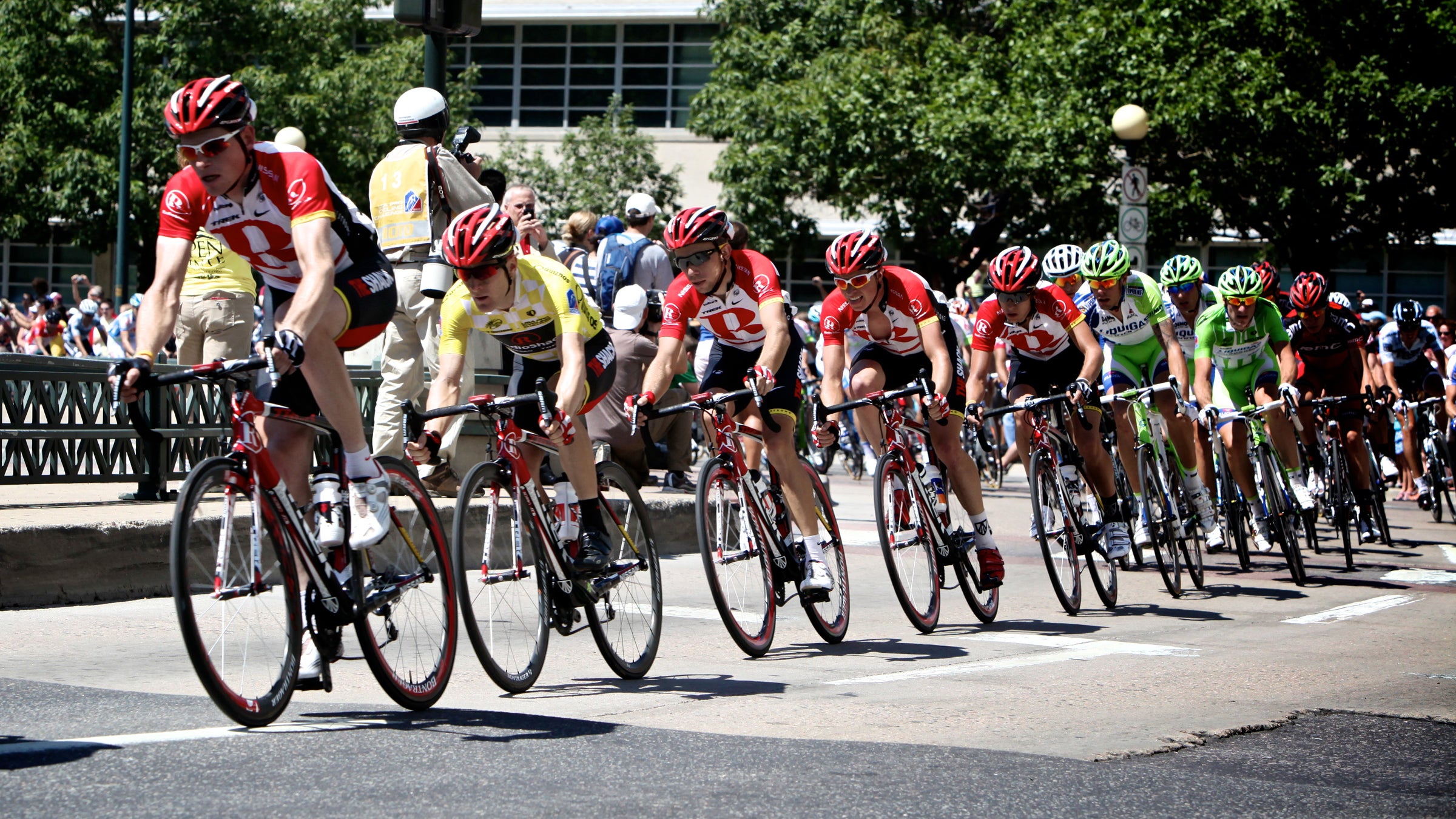In the wake of the Cycling Independent Reform Commission (CIRC) report on the state of doping in the sport, the (UCI) announced on Friday a slew of measures intended to crack down on performance enhancing. The addresses many of the recommendations coming out of the CIRC.
“I am absolutely determined to use the CIRC’s report to ensure that cycling continues the process of fully regaining the trust of fans, broadcasters, and all the riders who compete clean,” UCI president Brian Cookson said in the statement.
, the UCI has pledged to relaunch a whistleblower program, speed up biological passport cases, increase nighttime testing, and create an expanded sample storage and retesting system.
Another point of emphasis will be greater collaboration with anti-doping organizations, such as the World Anti-Doping Agency (WADA), the Cycling Anti-Doping Foundation, and national anti-doping bodies. The increased cooperation will include working with WADA to add new substances to the banned list and collaborating with anti-doping labs on studies to assess the prevalence of performance enhancement in cycling, .
The recent announcement builds on measures already put in place since Cookson became president in September 2013. The UCI “established a strict internal governance process to ensure that the president or administration cannot interfere in operational anti-doping matters” before the was issued.
Harsher sanctions, including suspensions and fines, have been introduced for teams found to have two members who have doped in a year.
“[The measures] demonstrate that the UCI is now a very different organization compared to even a few years ago and that we make sure lessons are learnt and mistakes not repeated,” Cookson said in the statement. “As I predicted, the CIRC report made for uncomfortable reading, but it is imperative that we do not shy away from tough decisions.”


